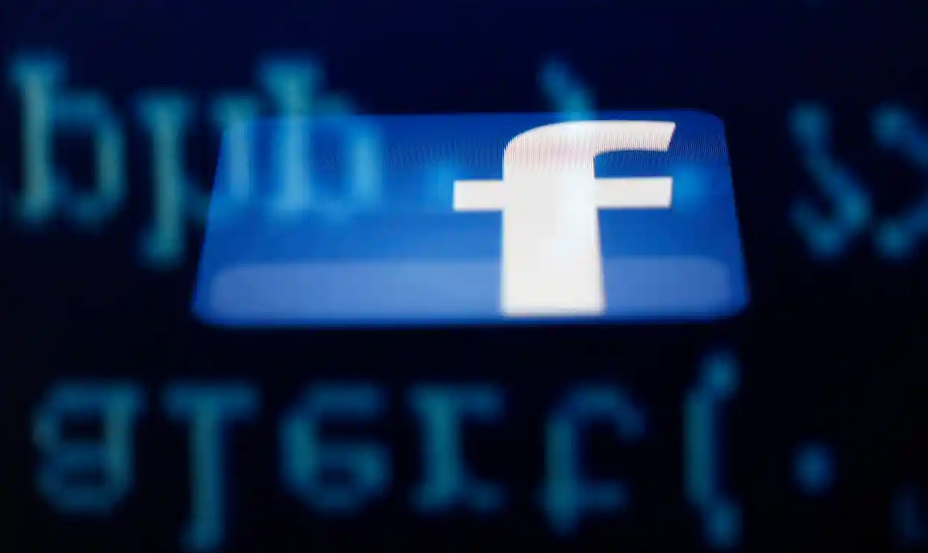Next month, the Netherlands will once again hold elections to determine its future leadership. Given the surge in AI tools over recent years, my intuition suggests that this year’s political landscape may witness unprecedented dynamics. Although democratic principles are deeply rooted in Dutch society, they might face challenges due to the rapid innovations in AI.Governments now possess enhanced capabilities to monitor, understand, and regulate their populations with unparalleled precision. This access to sensitive information through modern technological devices creates an ambiguous domain, one that largely lacks comprehensive regulation and potentially undermines our core democratic values. This underscores the paradox of AI: while it presents numerous opportunities, it simultaneously poses substantial threats to our socio-political frameworks, with adverse consequences if exploited.
A salient example of the far-reaching implications of AI is China’s Great Firewall. This system represents a digital authoritarian regime, effectively keeping the populace under surveillance and control. Whereas such extensive control was previously near impossible without incurring significant expenses, with new innovations it is now feasible at reasonable costs (Wright, 2023). Given these developments, it becomes crucial for democratic nations to respond judiciously, by treating major technological innovations with due diligence and caution. Furthermore, AI introduces a significant challenge to political integrity given its potential to propagate disinformation, and therefore potentially generating confusion and mistrust around electoral processes (Michael, 2023). Such dynamics might cause individuals to either believe in falsehoods about political candidates or, conversely, become overwhelmed with discerning factual narratives, leading to potential withdrawal in engaging in politics due to a decline in trust.
Conversely, AI also has the capacity to facilitate the dissemination of political knowledge, making the political conversation more accessible and enabling politicians to engage a broader audience (Michael, 2023). In light of these possibilities, it can be posited that, with appropriate measures, oversight, and regulations in place, AI could indeed enhance the democratic process, supposing that its inherent risks are adequately managed. The approach adopted in the upcoming months will be a determinant of the Netherlands’ future trajectory. It is vastly hoped that the nation only benefits from this technological advancement, enabling Dutch politics to be more inclusive and encourage widespread electoral participation.
References:
Michael, A. (2023, September 19). Artificial intelligence, democracy and elections. European Parliament. https://www.europarl.europa.eu/thinktank/en/document/EPRS_BRI(2023)751478
Wright, N. (2023, April 4). How artificial intelligence will reshape the global order: the coming competition between digital authoritarianism and liberal democracy. Foreign Affairs. https://www.foreignaffairs.com/articles/world/2018-07-10/how-artificial-intelligence-will-reshape-global-order


